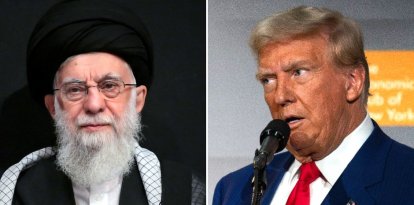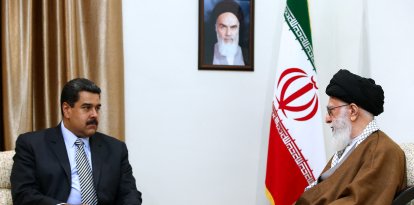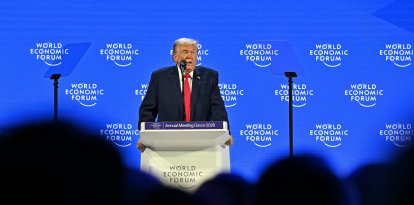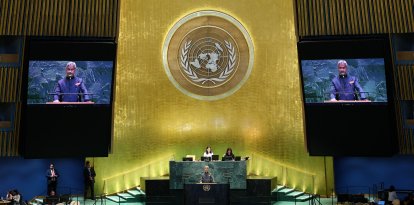Two opposing paths for Brazil: Bolsonaro or Lula
Brazilians must choose between the free market and Latin American socialism.
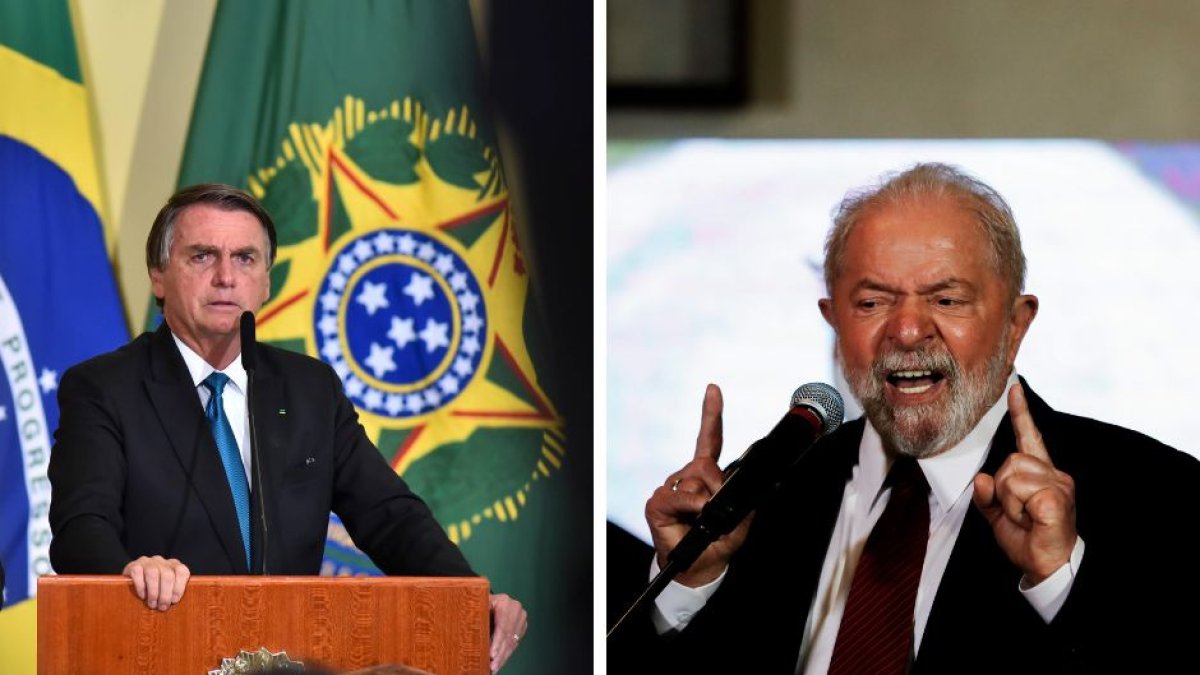
Cordon Press
This Sunday, October 30, Brazil must choose between two completely different paths. Jair Bolsonaro's is one filled with Christian values, work, market economy, and Lula da Silva's path is full of Latin American socialism, bureaucracy, weaponization of institutions and an economy similar to that of Kirchner's Argentina.
Bolsonaro's government has acted in favor of a free market economy. It has created regulatory frameworks in the oil and gas and railroad sectors. It has given greater freedom of enterprise. It also favors free enterprise and the private sector. Eletrobras, ports, airports and road and railroad concessions have been privatized. There has also been a revolution in infrastructure, with more private investment participation.
Likewise, Bolsonaro would continue to defend religious freedom and freedom of the press in a manner clearly different from that of his socialist opponent.
In institutional terms, Brazil has serious problems due to the political bias of state bureaucracy, the courts (especially the Supreme Federal Court, with a majority favorable to Lula da Silva's Workers' Party) and universities. Bolsonaro has not been able to reduce indoctrination in higher education or change the requirements that define entry to public service, but he should more proactive in that direction, seeking a reduction in the hegemony of the left.
During his mandate, Jair Bolsonaro has maintained a clearly pro-life position that can be exemplified in the support for the Geneva Consensus and the performance of Minister Damares Alves, who has acted vehemently in the defense of life from conception. There was an attempt to denounce gender ideology in schools, however, as there is still a firmly established bureaucracy in the Ministry of Education which is very much aligned with the left, it is a more difficult task to implement.
If Bolsonaro's presidency is renewed, the country will continue to be a safe haven for investments and offer greater legal certainty going forward. In 2021 Brazil was the fourth largest recipient of foreign investment, ahead of Germany, Japan and Mexico. Agribusiness has stood out during the current president's administration, especially due to the dramatic drop in invasions of private properties, due to the ease of access to weapons for rural producers, the end of the financing of criminal movements such as the MST (Landless Movement) and the largest land titling in the history of Brazil, which has contributed to pacifying the countryside and increasing production, including for small producers.
Brazil faces two completely different paths. Jair Bolsonaro's is the path of Christian values, work, market economy; and Lula da Silva's is that of Latin American socialism, bureaucracy, rigging of institutions and an economy like that of Kirchner's Argentina.
Finally, a public security policy that favors law-abiding citizens and the police over criminals must be implemented. During the Bolsonaro Administration, the homicide rate fell by more than 40% in four years. Another relevant point was the end of the systemic corruption that was at the base of the PT's management, as evidenced by the Mensalao and Petrolao scandals.
The policies of former President Lula da Silva, on the other hand, will be characterized by Latin American socialism. In other words, it will be similar to that of Argentine Kirchnerism. In economic terms, Lula da Silva will follow the lines between Keynesianism and Marxism, with increased public spending and taxes, increased hiring of public servants, stifling the productive sector and granting more credit through public banks. There will be even more monetary emission while ignoring the increase in public debt, as was done in Argentina.
Lula has also openly defended the regulation and control of priests and pastors, as well as that of the media. His ally in the Sao Paulo Forum, Daniel Ortega, is already persecuting Catholic priests and broadcasters in Nicaragua. It would not be strange if Lula and the PT were to do the same.
If elected, Lula will intensify control of institutions such as the Supreme Federal Court and bureaucratic machinery. Even with the Bolsonaro government, lines close to Marxism dominate the universities and hire bureaucratic framework through the canons of the left.
Judicial activism, already present in the Federal Supreme Court, will be redoubled, even making it unnecessary for Congress to pass laws.
The MST will receive more funds to promote instability in the countryside. Lula da Silva himself has already called agribusiness "fascist," demonstrating his hatred for a sector that viscerally supports Jair Bolsonaro.
Public safety will suffer with increased crime and greater leniency towards criminal behavior. Sectors of the left defend mass incarcerations, restriction of the use of force by the police and increased protection for criminals.
Corruption is expected to increase enormously. Lula was arrested for the Petrolao scandal, involving Petrobras, but managed to be released due to a legal interpretation by Federal Supreme Court Judge Edson Fachin, which led to zero investigations and sentences against the former president. Fachin was linked to the MST and openly campaigned for Dilma Rousseff before becoming an STF magistrate.
Therefore, Brazil is at a major crossroads in the most closely contested elections in its post-democratization history. The models are completely antagonistic.

















